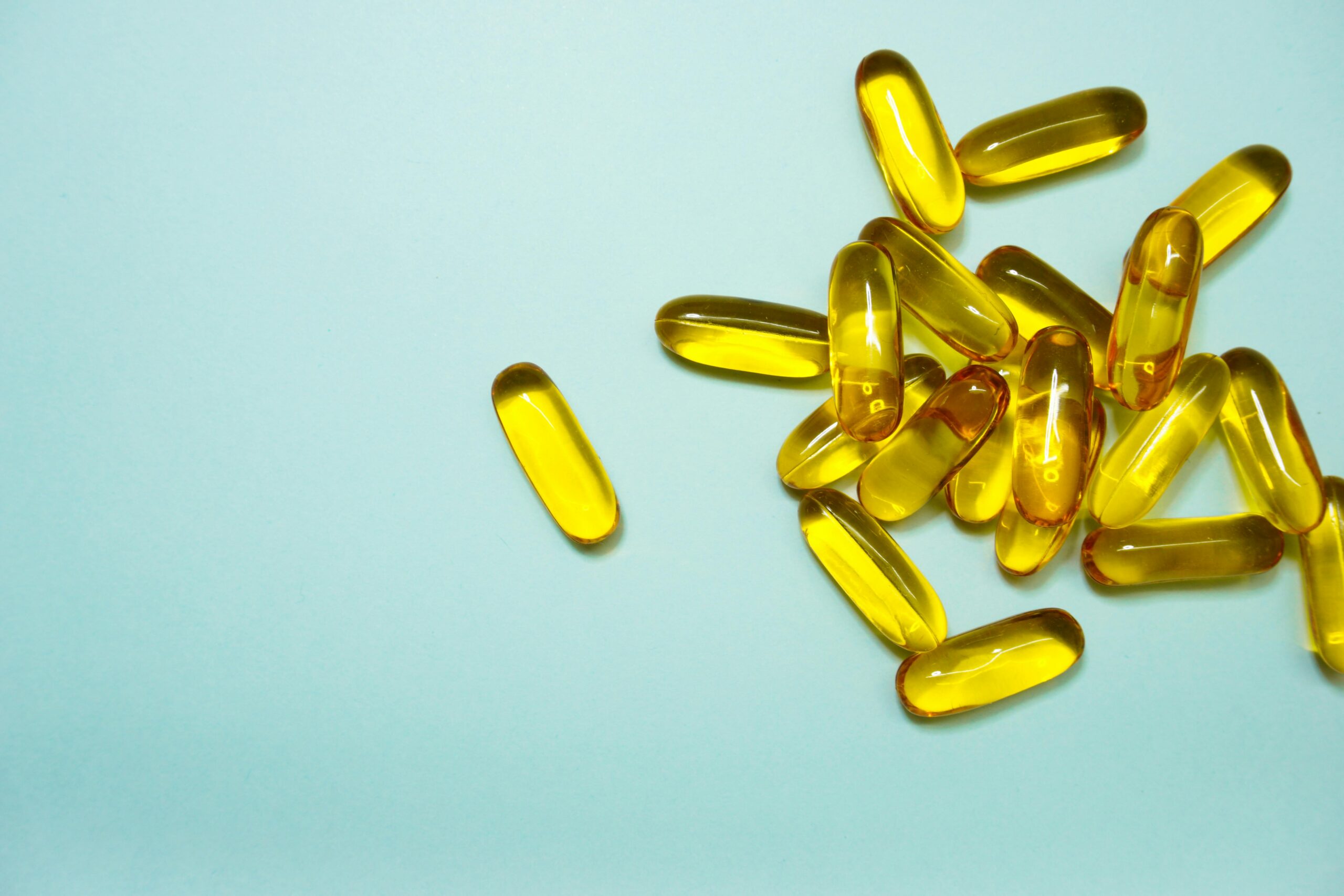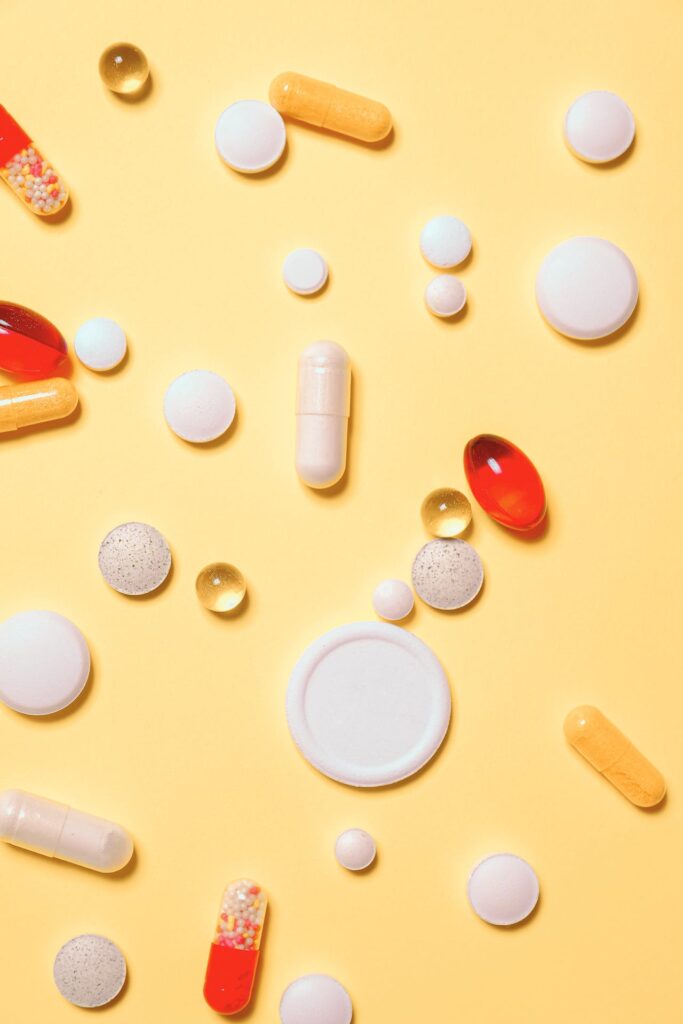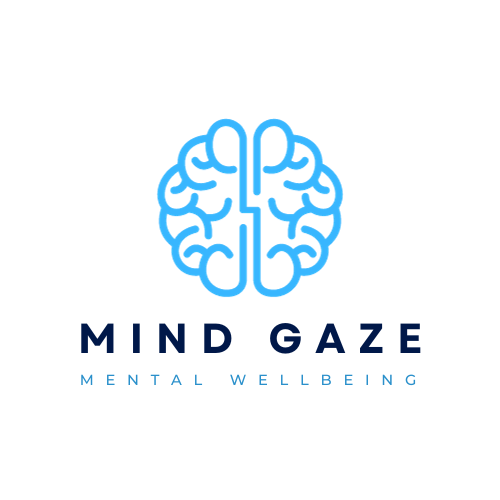Are you looking for the right supplement to increase your mood? Then the following article breaks down the best supplements that may help.
In the realm of mental health, the pursuit of balance and well-being often leads individuals to explore various approaches, including therapy, lifestyle modifications, and, in some cases, medication. However, a growing body of research suggests that nutritional supplements can play a significant role in enhancing mood and overall mental health.
Supplements, when used appropriately, can provide the body with essential nutrients that may be lacking in one’s diet. These nutrients can then exert beneficial effects on brain chemistry, neurotransmitter function, and overall cellular health, ultimately contributing to improved mood and mental well-being.
The Science Behind Mood-Boosting Supplements
Several supplements have demonstrated promising effects on mood and mental health. Here are a few notable examples:
Omega-3 Fatty Acids

Omega-3 fatty acids are essential fatty acids that the body cannot produce on its own. They are found in abundance in fatty fish like salmon, mackerel, sardines, and tuna. Omega-3s are particularly important for brain health, as they play a crucial role in brain cell structure and function. They have also been linked to improved mood and reduced symptoms of depression and anxiety.
Research:
Studies have shown that omega-3 fatty acids can help to lower inflammation in the brain, which is thought to contribute to mental health disorders. They may also play a role in the production of serotonin and dopamine, two neurotransmitters that are involved in mood regulation.
Recommendation:
The recommended daily intake of omega-3 fatty acids varies depending on age, gender, and overall health. However, most experts recommend consuming at least 250-500 mg of EPA and DHA daily. This can be achieved by eating two servings of fatty fish per week or taking an omega-3 supplement.
Vitamin D

Vitamin D is a fat-soluble vitamin that the body can synthesize from sunlight exposure or obtain from certain foods, such as fatty fish, egg yolks, and fortified dairy products. Vitamin D is crucial for bone health, but it also plays a role in regulating mood and reducing the risk of depression.
Research:
Several studies have shown that vitamin D deficiency is associated with an increased risk of depression. Vitamin D may influence the production of serotonin and dopamine, two neurotransmitters that are involved in mood regulation. It may also play a role in reducing inflammation, which is thought to contribute to mental health disorders.
Recommendation:
The recommended daily intake of vitamin D for adults is 600 IU. However, individuals with a deficiency may need to take a higher dose.
Probiotics

Probiotics are live microorganisms that are similar to the good bacteria that naturally live in the gut. Probiotics are found in fermented foods like yogurt, kefir, and sauerkraut. They can also be taken as supplements.
Research:
The gut-brain axis is a bidirectional communication pathway between the gut and the brain. This means that the health of the gut can influence the health of the brain and vice versa. Studies have shown that probiotics may help to improve mood and reduce symptoms of anxiety and depression by promoting gut health.
Recommendation:
The recommended daily intake of probiotics varies depending on the specific strain of probiotic being taken. However, most experts recommend taking at least 1-2 billion CFUs of live probiotics daily.
S-Adenosylmethionine (SAMe)
S-adenosylmethionine (SAMe) is a naturally occurring compound in the body. It is involved in many important biological processes, including neurotransmitter synthesis. SAMe has been shown to increase the levels of serotonin and dopamine, two neurotransmitters that are involved in mood regulation.
Research:
Studies have shown that SAMe is effective in treating mild to moderate depression. It may also be helpful for reducing symptoms of anxiety and fatigue.
Recommendation:
The recommended dosage of SAMe varies depending on the individual and the severity of their symptoms. However, most experts recommend taking 400-1,200 mg per day.
L-Glutamine
L-glutamine is an amino acid that is involved in the production of glutamate, an excitatory neurotransmitter. Glutamate plays a role in brain function, including mood regulation.
Research:
Studies have shown that L-glutamine supplementation may help to improve mood and reduce symptoms of depression and anxiety. It may also help to improve sleep quality and reduce stress.
Recommendation:
The recommended dosage of L-glutamine varies depending on the individual and the severity of their symptoms. However, most experts recommend taking 500-1,000 mg per day.
Consult with a healthcare professional before incorporating supplements into your mental health regimen.
Incorporating Supplements into Your Mental Health Regime
While supplements can be beneficial, it is essential to consult with a healthcare professional before incorporating them into your mental health regimen. A healthcare provider can assess your individual needs, identify potential interactions with existing medications, and recommend appropriate dosages.
Remember, supplements are not a substitute for therapy, lifestyle changes, or medication prescribed by a healthcare professional. They should be considered as complementary approaches to enhance overall mental health well-being.
Lifestyle Factors for Optimal Mental Health
In addition to considering supplements, incorporating healthy lifestyle practices can significantly impact mood and mental well-being. Here are some key lifestyle factors to consider:
- Regular Exercise: Physical activity releases endorphins, natural mood boosters, and helps reduce stress and anxiety. Aim for at least 30 minutes of moderate-intensity exercise most days of the week.
- Adequate Sleep: Sleep deprivation can worsen mood and exacerbate mental health conditions. Aim for 7-8 hours of quality sleep each night.
- Mindfulness Practices: Mindfulness techniques like meditation and yoga can help manage stress, reduce anxiety, and enhance emotional regulation.
- Nutritious Diet: A balanced diet rich in whole foods provides the essential nutrients for optimal brain health and overall well-being.
- Strong Social Connections: Social interaction and support play a crucial role in mental health. Nurture meaningful connections with friends, family, and loved ones.
Conclusion
Supplements can be valuable tools for enhancing mood and supporting mental health when used appropriately under the guidance of a healthcare professional. Remember, supplements complement, not replace, therapy, lifestyle modifications, and medication prescribed by a healthcare provider. By incorporating supplements into a comprehensive mental health care plan, individuals can take proactive steps towards achieving optimal mental well-being.
References
- Jacka, F., Taylor, N., & Lorenzetti, V. (2017). The role of nutrition in mental health: A review of the evidence from human and animal studies. Current Nutrition Reports, 6(4), 371-377.
- Benton, D. (2009). Omega-3 fatty acids and their potential therapeutic role in central nervous system disorders. Progress in Lipid Research, 48(1), 40-60.
- Laudate, M., Agli, A., Bersani, A., Bierti, L., Binetti, G., Bozzolo, A., … & Forlani, L. (2013). Vitamin D and mental health: A systematic review of longitudinal studies. Journal of

